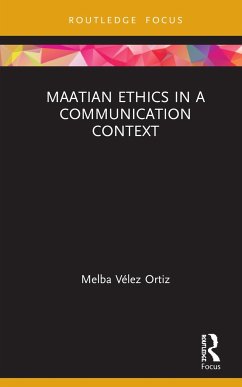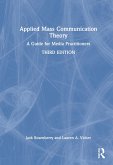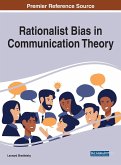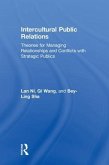Maatian Ethics in a Communication Context explores the ethical principle of Maat: the guiding principle of harmony and order that permeated classical African political and civil life. The book provides a rigorous, communication-focused account of the ethical wisdom ancient Africans cultivated and is evidenced in the form of recovered written texts, mythology, stelae, prescriptions for just speech, and the hieroglyphic system of writing itself. Moving beyond colonial stereotypes of ancient Africans, the book offers insight into the African value systems that positioned humans as inextricably embedded in nature, and communication theory that anchors good communication in careful listening habits as the foundational moral virtue. Expanding on the work of Maulana Karenga, Molefi Kete Asante and other groundbreaking scholars, the book presents a picture of civilizations with a shared lust for life, a spiritual connection to scientific speech, and the veneration of ancestors as deeply connected to the pursuit of wisdom. Offering an examination of Maat from a specifically communication ethics perspective, this book will be of great interest to scholars and students of Communication Ethics, African philosophy, Rhetorical theory, Africana Studies and Ancient History.
Hinweis: Dieser Artikel kann nur an eine deutsche Lieferadresse ausgeliefert werden.
Hinweis: Dieser Artikel kann nur an eine deutsche Lieferadresse ausgeliefert werden.
"Maatian Ethics in a Communication Context is a brilliant book. It is the eloquent result of an award-winning educator's gift for communicating ideas with clarity and imagination. Documenting Maatian Egyptian ethics as the first systematic theory is history-making scholarship. This monumental book is destined to become a classic."
- Clifford G. Christians, Research Professor of Communications, University of Illinois
"Maatian Ethics in a Communication Context expertly excavates the ancient Egyptian tradition of moral philosophy and uses it to analyze the ethical dimensions of communication practice. It represents the most comprehensive account of Maat and its relevance for communication ethics available, and it surely will be of interest to those committed to engaging understudied world traditions in order to understand and improve human communication."
- Scott R. Stroud, Associate Professor of Comunication Studies, Moody College of Communication, The University of Texas at Austin
- Clifford G. Christians, Research Professor of Communications, University of Illinois
"Maatian Ethics in a Communication Context expertly excavates the ancient Egyptian tradition of moral philosophy and uses it to analyze the ethical dimensions of communication practice. It represents the most comprehensive account of Maat and its relevance for communication ethics available, and it surely will be of interest to those committed to engaging understudied world traditions in order to understand and improve human communication."
- Scott R. Stroud, Associate Professor of Comunication Studies, Moody College of Communication, The University of Texas at Austin








